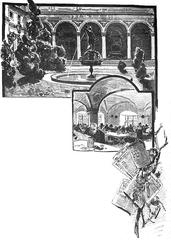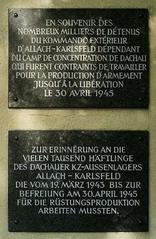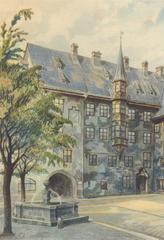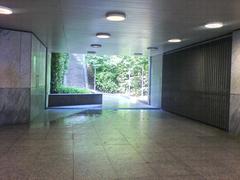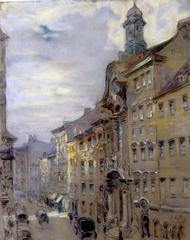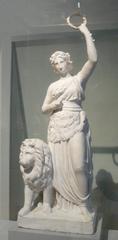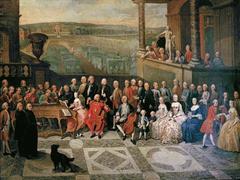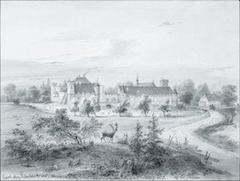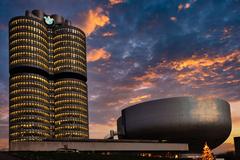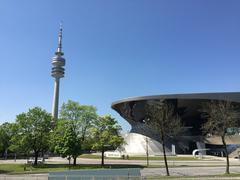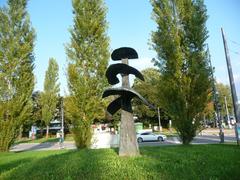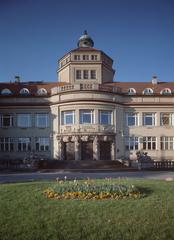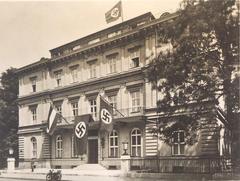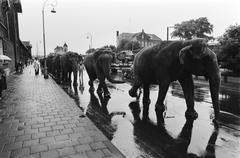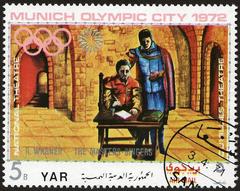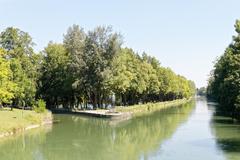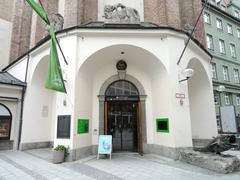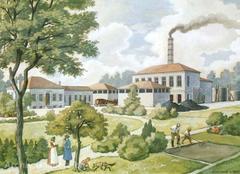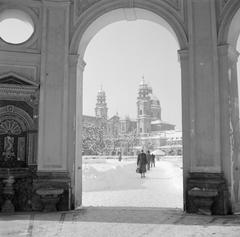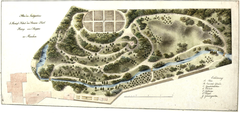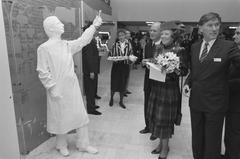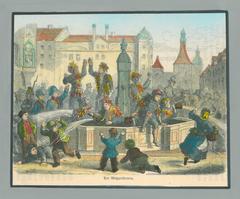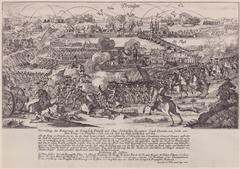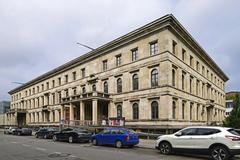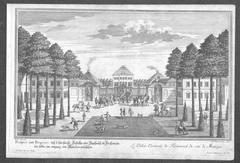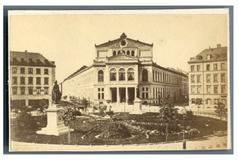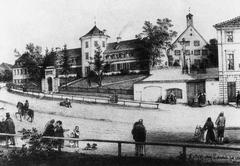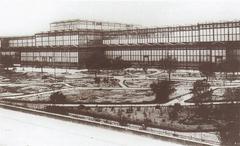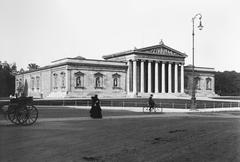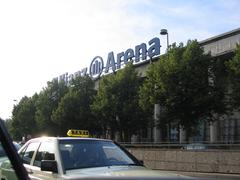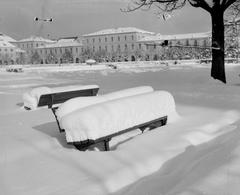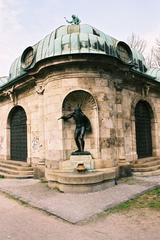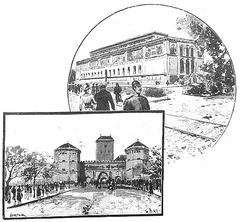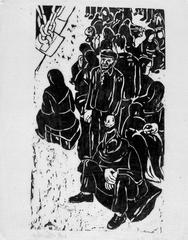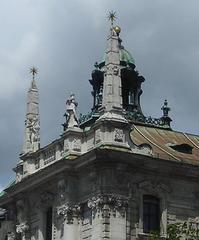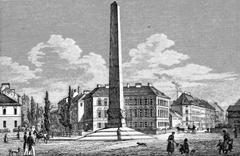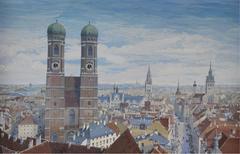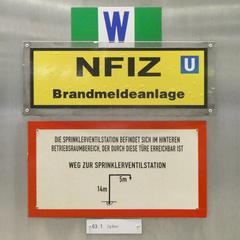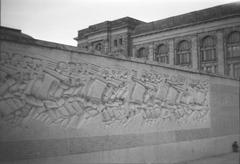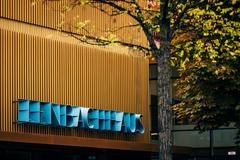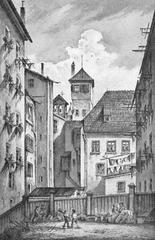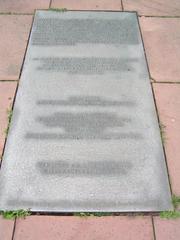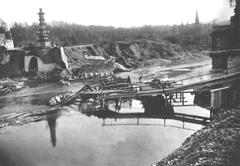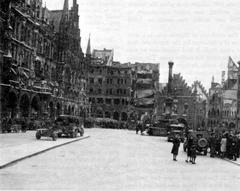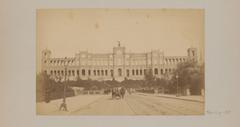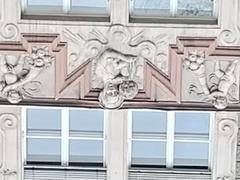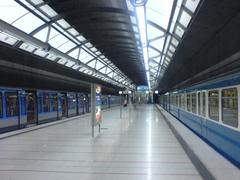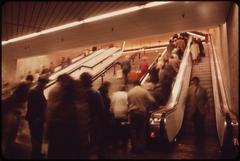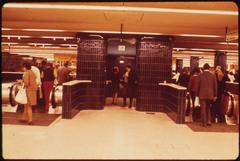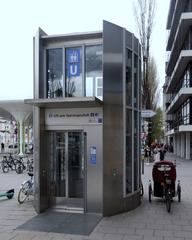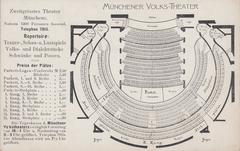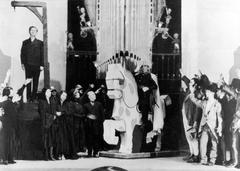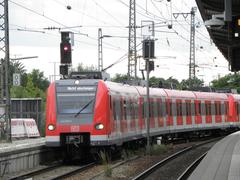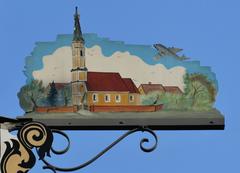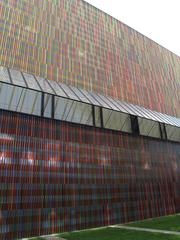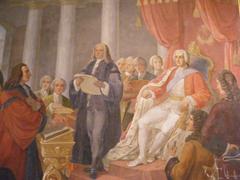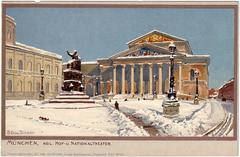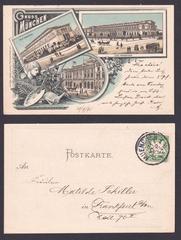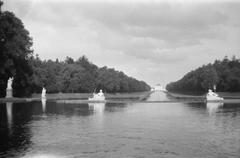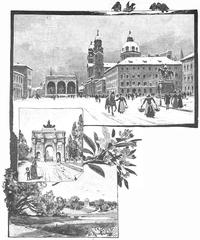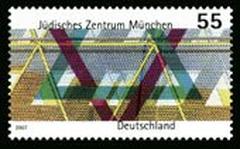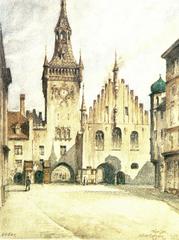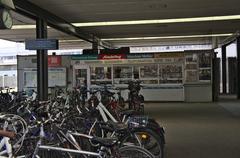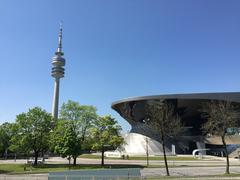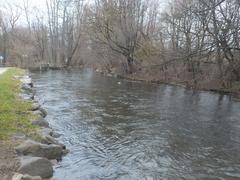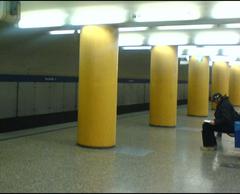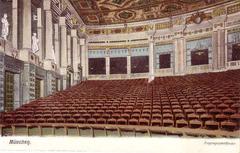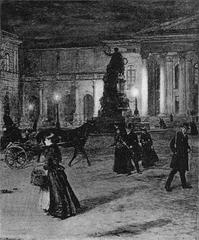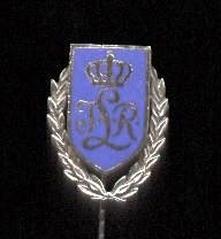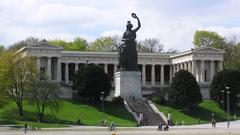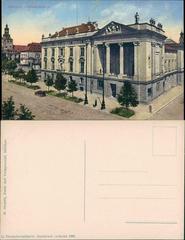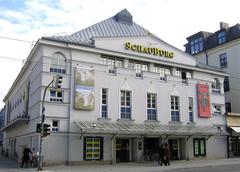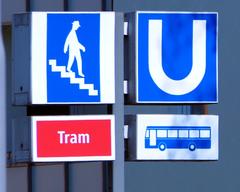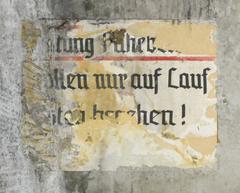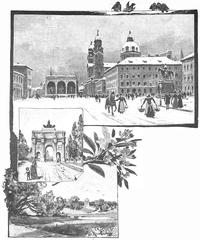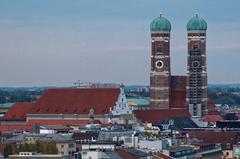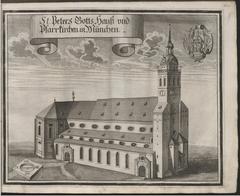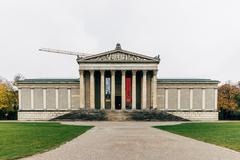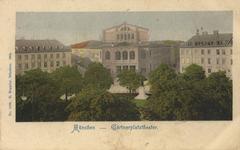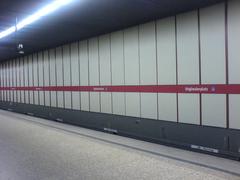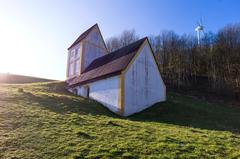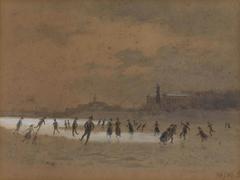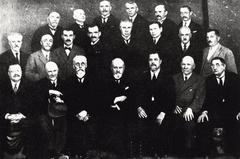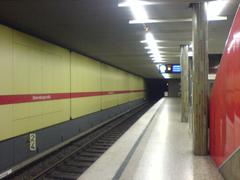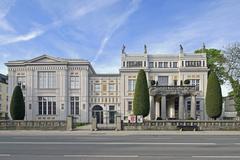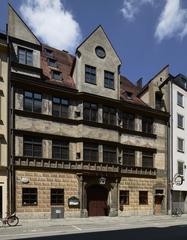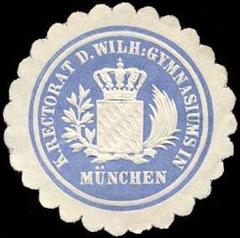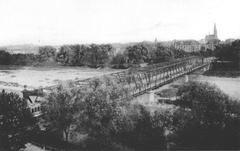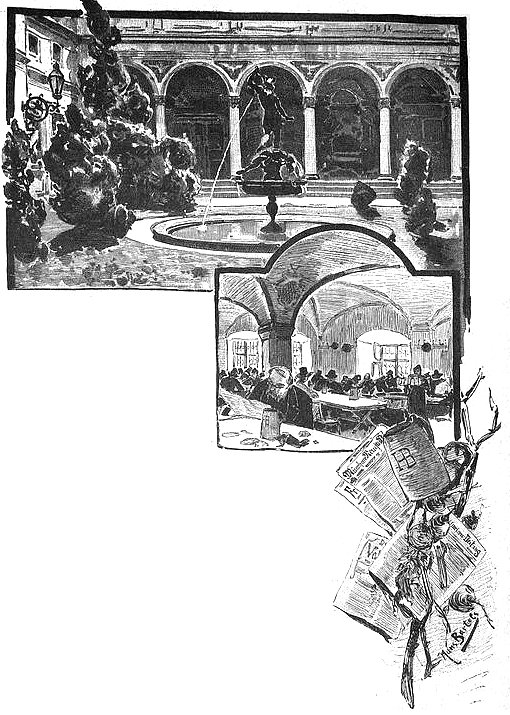
Hofbräuhaus Am Platzl Munich: Visiting Hours, Tickets, and Historical Site Guide
Date: 14/06/2025
Introduction: Hofbräuhaus Am Platzl – Munich’s Living Heritage
Situated in the heart of Munich, the Hofbräuhaus am Platzl is more than a legendary beer hall—it’s a vibrant symbol of Bavarian hospitality, history, and culture. Established in 1589 by Duke Wilhelm V to supply the royal court with fine beer, it has transformed over the centuries from a private brewery to a bustling public venue renowned worldwide. Today, the Hofbräuhaus invites millions of guests annually to experience authentic Bavarian cuisine, music, and conviviality, all under its historically frescoed ceilings (Oktoberfest Guide; Munich Travel; trek.zone).
Table of Contents
- Introduction
- Historical Overview
- Visitor Information
- Etiquette and Practical Tips
- Frequently Asked Questions
- Conclusion
- References
Historical Overview
Origins and Royal Foundation
The Hofbräuhaus am Platzl was founded in 1589 by Duke Wilhelm V, who sought to supply the Bavarian royal court with superior beer and reduce dependence on imports. The original brewery, located at the Alter Hof, quickly earned a reputation for quality, guided by brewmaster Heimeran Pongratz and adherence to the Bavarian Beer Purity Law of 1516 (Wikipedia).
Brewing Innovations and Public Opening
In the early 17th century, under Duke Maximilian I, the Hofbräuhaus became pivotal in the development of Weißbier (wheat beer), with a state monopoly established in 1602. The brewery was moved to Platzl in 1607 to expand wheat beer production (Oktoberfest Guide). In 1828, King Ludwig I opened the Hofbräuhaus to the public, transforming it into Munich’s premier social venue.
Social and Political Milestones
The Hofbräuhaus has always been a hub for locals and travelers alike, fostering “Gemütlichkeit” (a sense of warmth and friendliness). Historically, it was the site of influential political gatherings, including Adolf Hitler’s 1920 announcement of the Nazi Party program (Wikipedia). Despite such dark chapters, the beer hall’s primary legacy is as a crossroads for cultural and communal life.
Wartime Destruction and Restoration
World War II bombing raids in 1945 devastated much of the Hofbräuhaus, leaving only the main beer hall intact (MuenchenWiki). Reconstruction culminated in the 1958 reopening of the Festsaal, restoring the venue’s architectural splendor and reaffirming its status as a Munich landmark.
Modern Role and Global Influence
With the establishment of the Hofbräu-Festzelt at Oktoberfest in the 1950s, the brand’s global reputation grew. Today, Hofbräuhaus franchises span continents, yet the original at Platzl remains a bastion of tradition, welcoming both locals and international visitors (Virtual Travel Guide; Explorial). The site is state-owned and continues to embody Bavarian culture and resilience.
Visitor Information
Visiting Hours and Tickets
- Opening Hours: Daily, 11:00 a.m. to midnight (kitchen closes at 10:00 p.m., last call at 11:30 p.m.) (hofbraeuhaus.de)
- Entry: Free; no tickets required for general admission. Tickets are needed for special events or guided tours, which can be booked in advance (hofbraeuhaus.de).
Getting There and Accessibility
- Address: Platzl 9, 80331 Munich
- Public Transport: Five-minute walk from Marienplatz (U-Bahn and S-Bahn). Street parking is limited; public transport is recommended.
- Accessibility: Wheelchair accessible, with ramps and elevators. Accessible restrooms available (trek.zone).
Guided Tours and Special Events
- Guided Tours: Available in multiple languages, offering insights into the Hofbräuhaus’ history, architecture, and customs. Book via the website or onsite (munich.travel).
- Special Events: Live Bavarian music daily, themed evenings, and seasonal festivals such as Oktoberfest and WirtshausWiesn (hofbraeuhaus.de).
Dining, Atmosphere, and Entertainment
- Menu Highlights: Traditional Bavarian fare—pretzels, Weißwurst, Schweinshaxe, Obatzda, and vegetarian options (travelsetu.com). Beer is brewed in accordance with the Reinheitsgebot.
- Atmosphere: The Schwemme (main beer hall) features historic vaulted ceilings, communal tables, and a festive spirit. Live oompah bands perform daily, encouraging singalongs (gotraveldaily.com).
- Seating: No reservations for the Schwemme or beer garden—first come, first served. Reservations accepted for groups (4+) in the Bräustüberl (first floor) (hofbraeuhaus.de).
Photo Spots and Facilities
- Photo Opportunities: Capture the painted ceilings of the Schwemme, the bustling beer garden, and the iconic HB logo at the entrance.
- Facilities: Clean restrooms, Wi-Fi, gift shop with souvenirs, cloakroom in colder months.
Nearby Attractions
- Marienplatz: Munich’s central square and New Town Hall.
- Viktualienmarkt: A lively daily food market.
- St. Peter’s Church: Munich’s oldest parish church, offering panoramic city views.
- Nationaltheater: Home to the Bavarian State Opera.
- Alter Hof: Former imperial residence.
All these are within a few minutes’ walk of the Hofbräuhaus (trek.zone).
Etiquette and Practical Tips
- Seating: Embrace the communal spirit; sharing tables is encouraged. Greet tablemates with “Servus!” or “Prost!”.
- Toasting: Make eye contact and say “Prost!” when raising your glass.
- Dress Code: Casual attire is fine; traditional dress (Lederhosen, Dirndl) is common during festivals but not required.
- Tipping: Service is included, but a 5–10% tip is customary.
- Family-Friendly: Children welcome, with high chairs and kids’ menu available.
- Payment: Cash and major credit cards accepted. Beer tokens can be purchased as souvenirs.
- Timing: Arrive early during weekends or festivals to secure a seat. Weekday afternoons are quieter.
- Photography: Permitted throughout the venue—be courteous to other guests.
Frequently Asked Questions (FAQ)
Q: What are the visiting hours?
A: Daily from 11:00 a.m. to midnight (kitchen closes at 10:00 p.m.).
Q: Do I need tickets to enter the Hofbräuhaus?
A: No, entry is free. Tickets are only needed for guided tours or special events.
Q: Is the Hofbräuhaus wheelchair accessible?
A: Yes, there are ramps, elevators, and accessible restrooms.
Q: Can I reserve a table?
A: Only in the Bräustüberl (first floor) for groups of four or more. The main hall and beer garden are first come, first served.
Q: Is the Hofbräuhaus suitable for families?
A: Yes, it’s family-friendly with a children’s menu and daytime atmosphere best for families.
Conclusion
The Hofbräuhaus am Platzl stands as a living monument to Bavarian heritage—blending centuries-old tradition with modern hospitality. Its free entry, central location, and lively atmosphere make it a must-visit for anyone exploring Munich’s historical sites. Whether you come for the beer, the music, or the sense of Gemütlichkeit, a visit to the Hofbräuhaus promises a memorable and authentic Bavarian experience.
Be sure to check the official website or trek.zone for the latest updates, and consider downloading the Audiala app for additional travel tips, audio guides, and itinerary planning.
References
- Oktoberfest Guide
- Discover Germany
- trek.zone
- paulmarina.com
- MuenchenWiki
- Wikipedia
- Virtual Travel Guide
- hofbraeuhaus.de
- travelsetu.com
- gotraveldaily.com
- munich.travel
- wareontheglobe.com
- travelzoomer.com
- travellersworldwide.com
- visitdeutschland.info
For more on Munich’s beer halls and historical sites, see:
